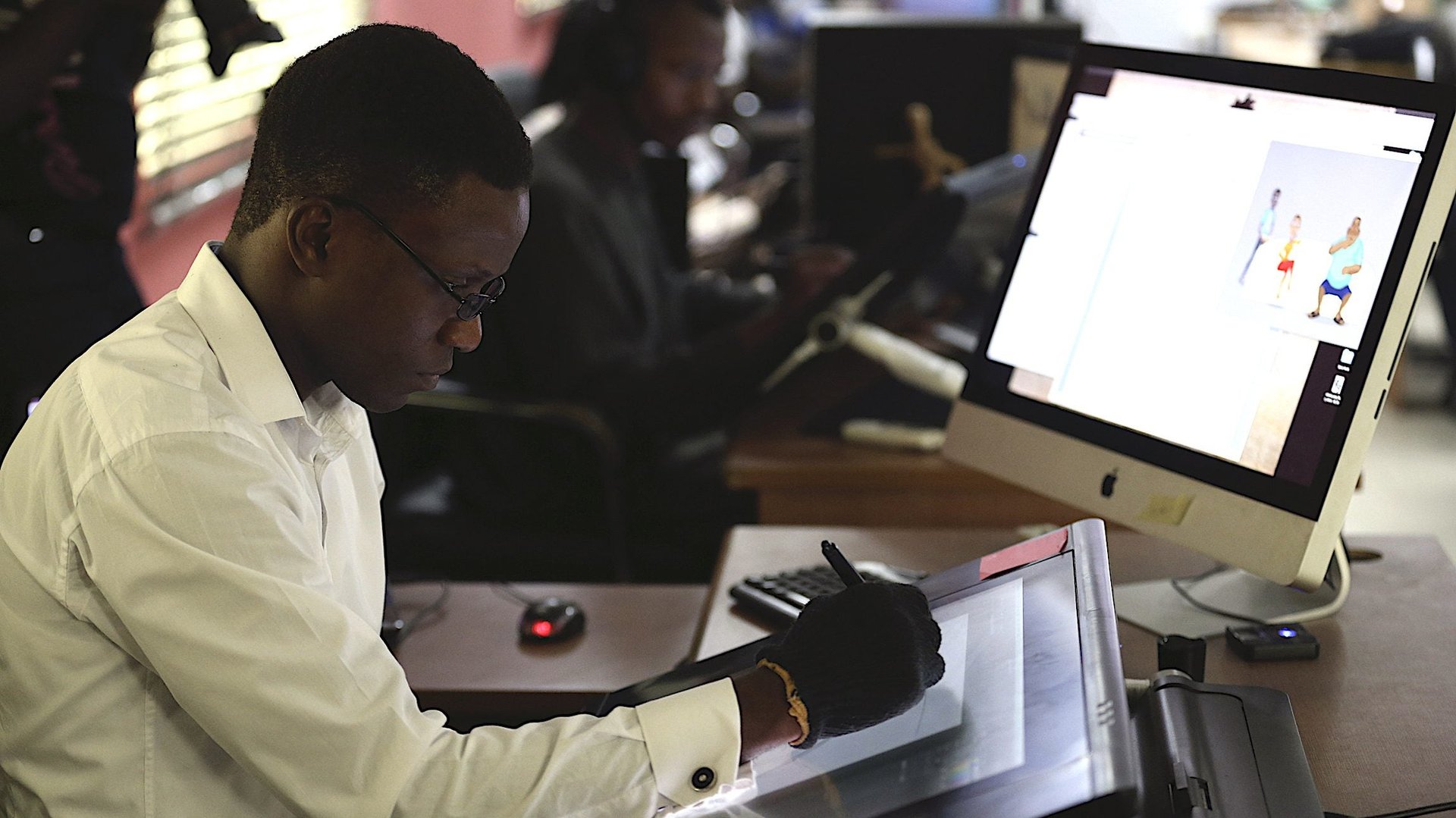Nigeria has the most startups in Africa but falls short on other critical metrics
While it can boast of the largest number of startups in the Africa tech ecosystem, Nigeria lags in other important metrics, a new report ranking the continent’s major tech sectors asserts.


While it can boast of the largest number of startups in the Africa tech ecosystem, Nigeria lags in other important metrics, a new report ranking the continent’s major tech sectors asserts.
The report, compiled by fDi Intelligence, a specialist division of the Financial Times, in collaboration with research company Briter Bridges, aims to “map the continent’s nascent tech ecosystems and explore their potential moving forward.”
Investment in the continent’s start-up space is tiny in comparison to the global north. For example, US startups raised $156.2 billion in venture capital last year, per Pitchbook. By comparison, African startups have raised just more than $2 billion in the past two years, according to data from Briter Bridges (the amount of funding varies slightly depending on the metrics used) .
However, the fDi report notes that the potential of Africa’s vibrant start-up ecosystem to improve is evident in the impact created. “A growing number of success stories involving digital and impact-focused businesses are driving investor engagement and start-up support,” it states.
Seventeen countries were selected for evaluation, based on being home to several tech hubs, having more than 50 start-ups, and attracting investments greater than $500,000 between 2019 and 2020. Using specialist online tools, in addition to supporting data from Briter Bridges, the countries were judged on categories such as their economic potential, business climate, cost effectiveness, connectivity, and worker experience.
South Africa’s first-place ranking reflected its relatively advanced start-up scene; it led the way in the categories of startup status and business friendliness.
“South Africa is home to one of most developed VC networks and the oldest start-up incubator on the continent, the Cape Innovation and Technology Initiative,” the report states. “The incubator is credited with supporting more than 3,000 entrepreneurs in its two-decade history. With ready access to VC funds, government grants, incubators and tech talent, South Africa is a vision of what other tech ecosystems could become.”
Kenya’s second-place reflected its immense growth in recent years. The East African country boasts the highest numbers of coding schools and is a forerunner in the African fintech space.
Nigeria had the highest volume of start-ups—over 750. South Africa came second, but its startups raised $241 million raised in 2020, compared to Nigeria’s $64.1 million.
The country was missing altogether in the top 10 rankings for categories that are critical to helping a startup thrive beyond its founding, including cost effectiveness and the level of country-wide tech talent. It also only ranked sixth for business friendliness. This highlights the frustrating state of conducting business in Nigeria, where entrepreneurs must contend with stifling government policies, infrastructural issues such as poor internet speed, access and connection, and a host of other systemic challenges.
“Although Lagos is renowned for its start-up ecosystem, there is a significant disconnect between the city’s tech ecosystem, its surroundings and the wider country, which suffers from chronically poor infrastructure and education, and recurring political instability and security issues,” the report highlighted.
Countries such as Morocco and Tunisia were praised for enacting reforms that have supported startup growth. Morocco won out in connectivity for its plans to improve the country’s digital infrastructure. Tunisia’s 2018 startup act, which positioned science and technology at the heart of its goals for economic transformation, was praised for inspiring similar acts in other Africa countries.
In Nigeria, by comparison, promising start-ups who have the potential to contribute significantly to the economy have had to stop operations due to the rapidly shifting position of the government. Bike-hailing apps, popular alternatives to Lagos’s traffic jams and poorly maintained road network, were banned last year for safety and security reasons by the Lagos state government; while the Central Bank of Nigeria has cracked down on crypto startups. These moves have prompted business leaders to approach the government for a more consistent regulatory approach.
“This challenging environment prevents Nigeria from excelling,” the report’s authors state.